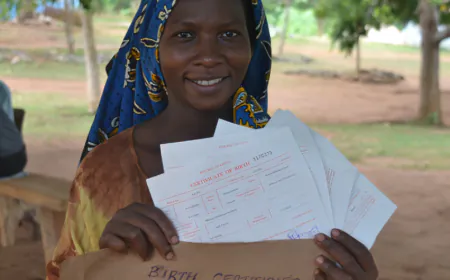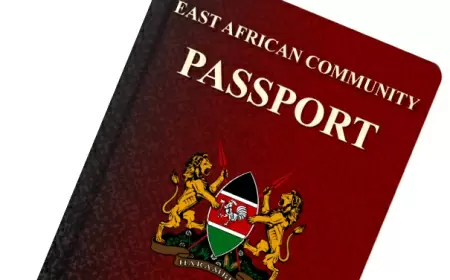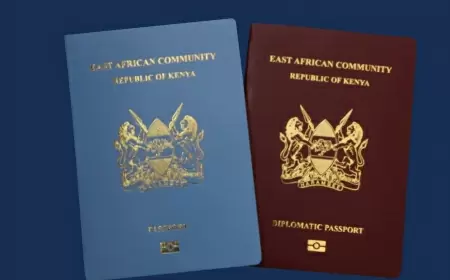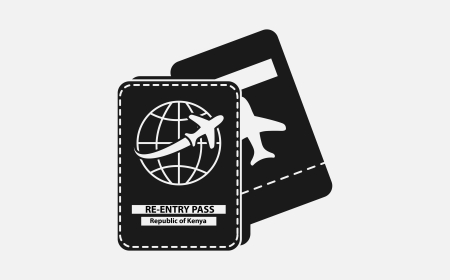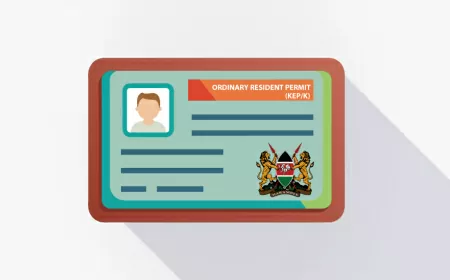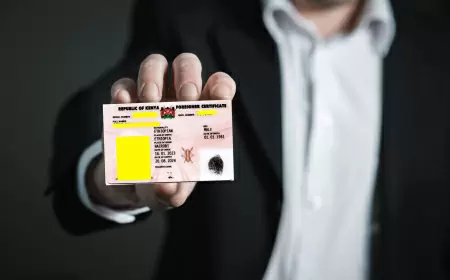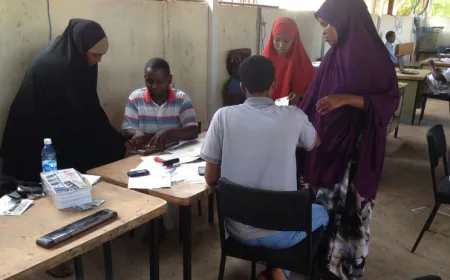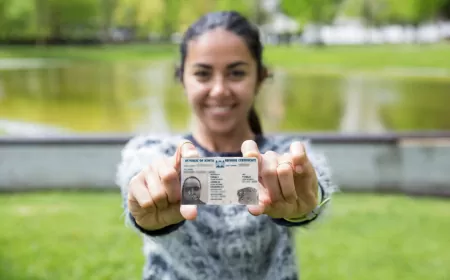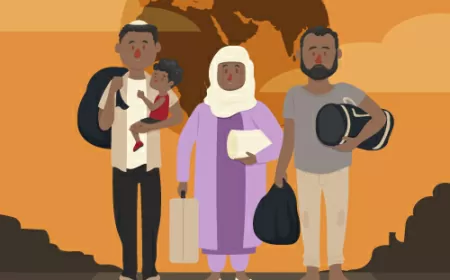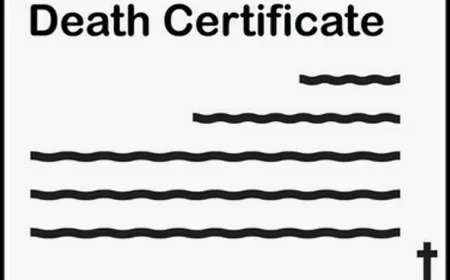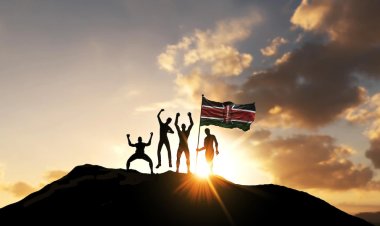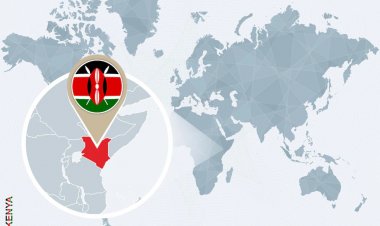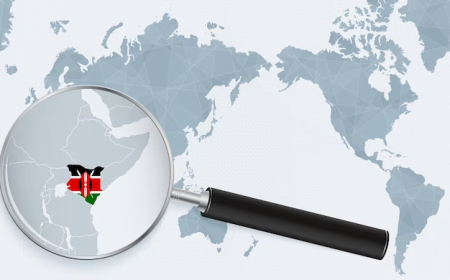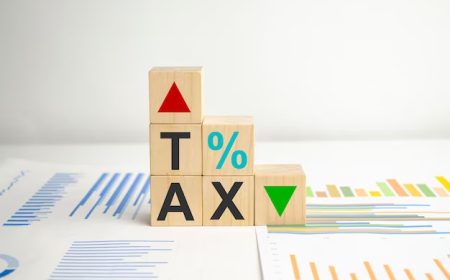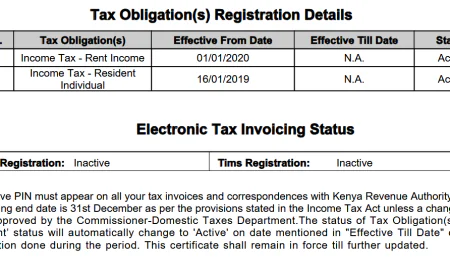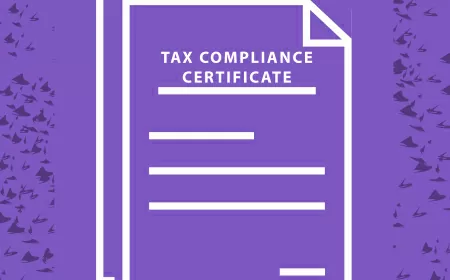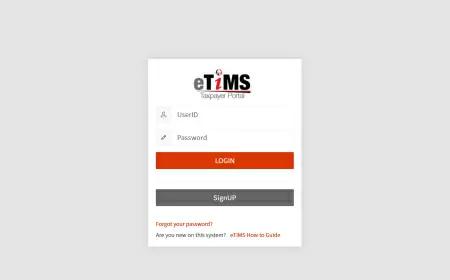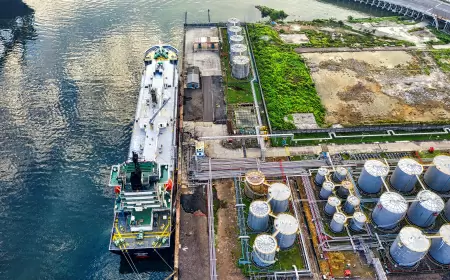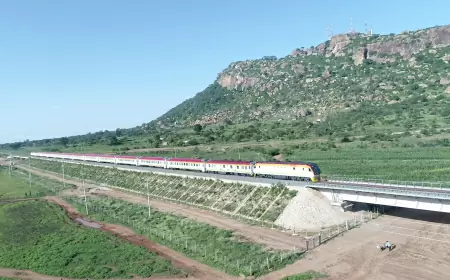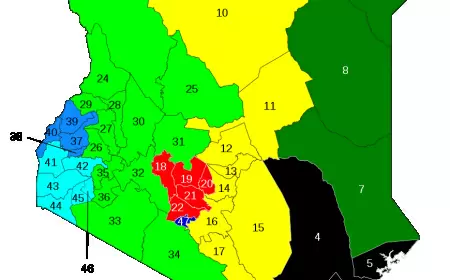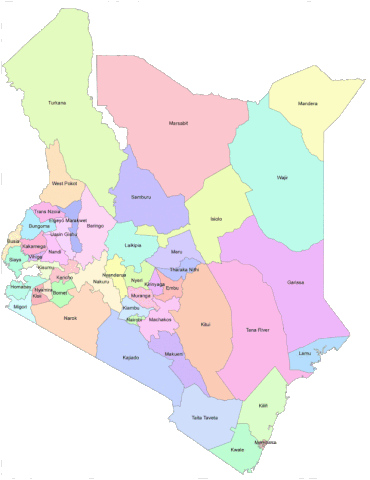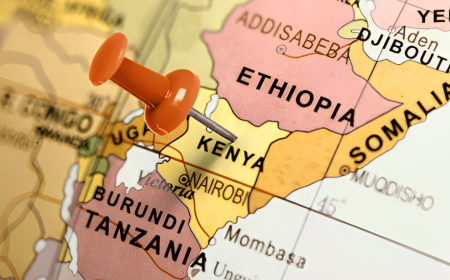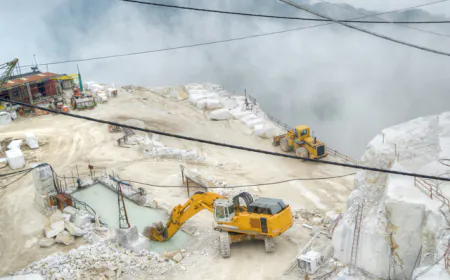Classes of Work Permits
Explore the different classes of Kenyan work permits to navigate the employment and professional landscape effectively. Understand the distinctions and key considerations for obtaining a work permit in Kenya to secure the appropriate permit for your professional endeavors in Kenya as a Foreign National.
1. Class A: Prospecting and Mining
This class of work permit is issued to foreign nationals or partners planning to prospect for minerals or engage in mining activities in Kenya.
To be eligible for this permit, the individual must meet certain criteria, including
- Having the necessary prospecting or mining rights or licenses.
- Possessing sufficient capital and resources for the venture, and
- Ensuring that their activities will benefit Kenya.
2. Class B: Agriculture and Animal Husbandry
This class of work permit is issued to a person who intends to engage, either alone or in partnership, in the business of agriculture or animal husbandry in Kenya.
To be eligible for this permit, the person must meet certain criteria, including
- Acquiring or receiving all necessary permissions to obtain an interest in land of sufficient size and suitability for this purpose.
- He has in his own right, and at his full and free disposition, sufficient capital and other resources for the purpose.
- And ensuring engagement in that business will be of benefit to Kenya.
3. Class C: Prescribed Profession
This class of work permit is issued to a member of a prescribed profession who intends to practice that profession, whether alone or in partnership in Kenya.
To be eligible for this permit, the person must meet certain criteria, including
- Possesses the prescribed qualification.
- In his own right, he has sufficient capital and other resources at his full and free disposition.sources for the purpose.
- He is registered with the professional body, association, or institute to which he belongs in his own country.
- Whose practice of that profession will benefit Kenya.
4. Class D: Employment
This class of work permit is issued to a foreign national who is offered specific employment by a particular employer, the Government of Kenya, or any other person or authority under the control of the Government, or an approved technical aid scheme under the United Nations Organization or any other approved agency (not being an exempted person under section 34(3)), who possesses skills or qualifications not available in Kenya and whose employment will benefit Kenya.
5. Class F: Specific Manufacturing
This class of work permit is issued to a person who intends to engage, whether alone or in partnership, in a specific manufacturing activity in Kenya.
To be eligible for this permit, the person must meet certain criteria, including
- Having obtained any license, registration, or other necessary authority or permission for the purpose.
- He has, in his own right, and at his full and free disposition, sufficient capital and other resources for the purpose; and
- Ensuring engagement in that manufacturing process will benefit Kenya.
6. Class G: Specific Trade, Business or Consultancy
This class of work permit is issued to a person who intends to engage, either alone or in partnership, in a specific trade, business, consultancy, or profession (other than a prescribed profession) in Kenya.
To be eligible for this permit, the person must meet certain criteria, including
- Having obtained any license, registration, or other necessary authority or permission for the purpose.
- He has, in his own right, sufficient capital and other resources at his full and free disposition for the purpose.
- Engaging in trade, business, consultancy, or a profession that benefits Kenya.
7. Class I: Approved Religious or Charitable Activities
This class of work permit is issued to a person who is;
- A member of an institution registered under the Society’s Act and engaged as a missionary.
- A member of a company limited by guarantee.
- A member of a trust registered under the Trustees Act and is approved by the Government of Kenya, and whose presence in Kenya will be of benefit to Kenya.
8. Class K: Ordinary Residents
This type of work permit is issued to a person who is at least 35 years old and have an assured annual income of no less than $24,000 the specified amount, which is fully at their own disposal, income derived from sources other than employment, occupation, trade, business, or profession and it is considered as income that is either-
- Derived from sources outside and will be remitted to Kenya.
- Derived from a pension or annuity payable from sources in Kenya.
- The person undertakes not to accept employment, paid or unpaid, or engage in any income-generating activity of any kind without the relevant class permit.
- The presence of the person in Kenya will be beneficial to Kenya.
9. Class M: Refugees
This class of work permit is issued to a person who has been granted refugee status in Kenya in accordance with Kenyan refugee law, as well as to the spouses of such refugees who intend to work or engage in a specific occupation, trade, business, or profession.
10. New or Renewal of Permit (Exemption)
This permit category is specifically designed for foreigners or groups who have been granted an exemption from standard work permit requirements.
The exemption is issued by the Cabinet Secretary and is officially announced in the Gazette, as stipulated in Section 34 (3)(g) of the Kenya Citizenship and Immigration Act, 2011.
Some of the Key points to note about this permit exemption include:
- Eligibility: This permit applies to persons or classes of persons explicitly exempted by the Cabinet Secretary.
- Legal Basis: The exemption is grounded in the Kenya Citizenship and Immigration Act, 2011, specifically Section 34 (3)(g).
- Kenya Gazette Official notification: The exemption is made public through an announcement in the Kenya Gazette.
- Purpose: This provision allows for flexibility in work permit regulations, accommodating special cases or groups as determined by the government.
Was this information helpful ?
 Like
0
Like
0
 Dislike
0
Dislike
0
 Love
0
Love
0
 Funny
0
Funny
0
 Angry
0
Angry
0
 Sad
0
Sad
0
 Wow
0
Wow
0


